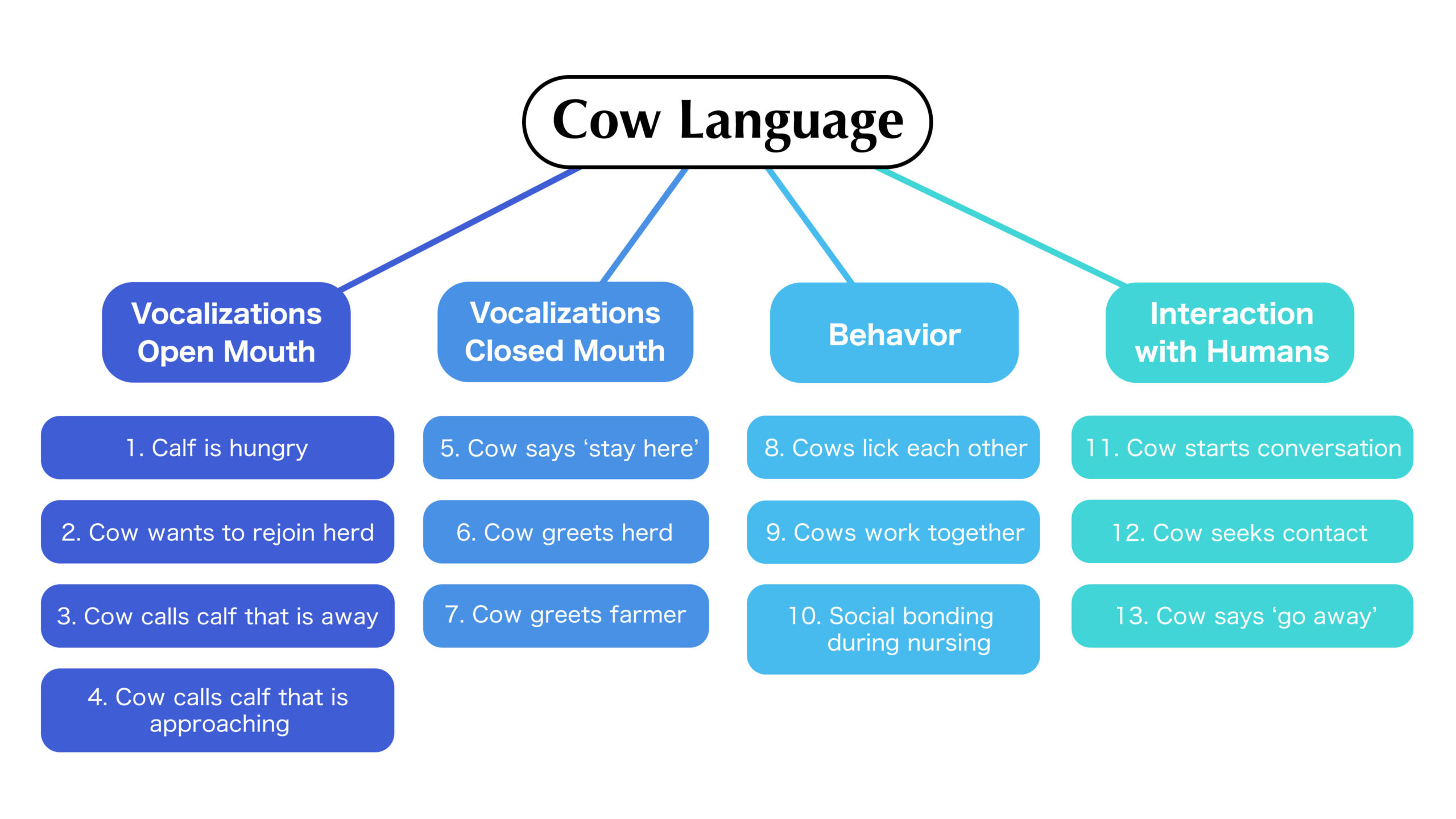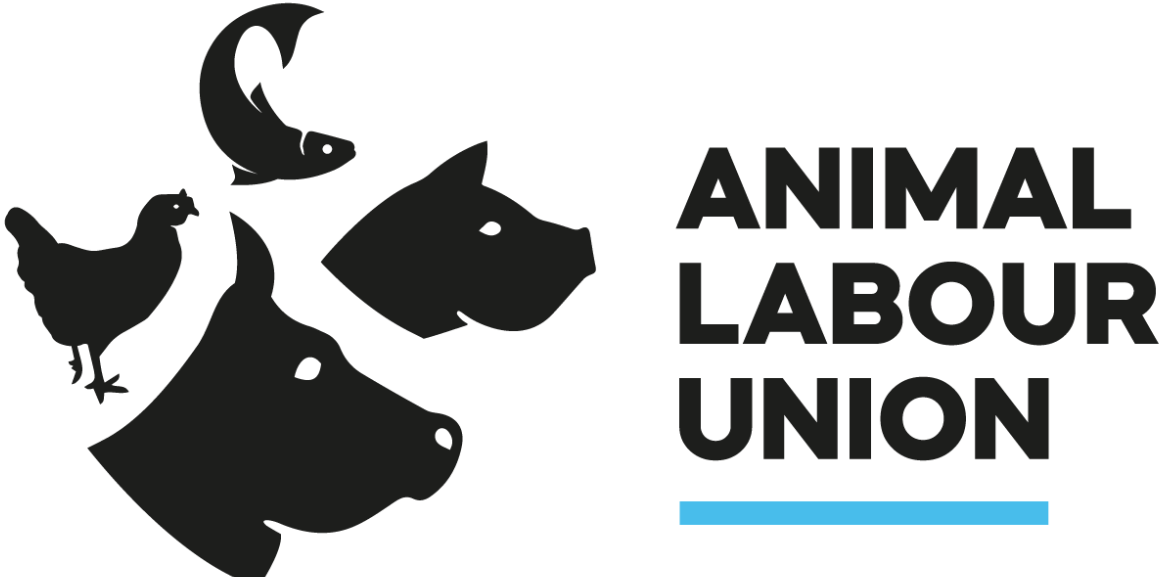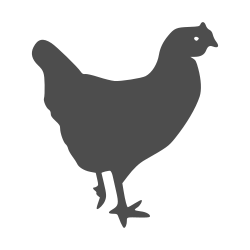Cow Language Visualized: Insights from the Cow Communication Project
In the project Cow Language Visualized, supported by the Barth-Misset Fund and the Meertens Institute, we explored the communication of cows. Recordings were made on eight diverse farms, including intensive dairy farms, organic dairy farms, and both a large and a small cow sanctuary. These recordings captured cow communication with each other, with us, and with farmers.
For this project, we collaborated closely with Professor Leonie Cornips, whose expertise in linguistics offers a unique perspective on cow communication. Unlike approaches rooted in veterinary science, ethology, or agricultural studies, her linguistic insights open new dimensions for understanding cow language. For an overview of her scientific publications, click here.
The findings were discussed with experts, dairy farmers, and students. These results are now being utilized in educational programs at Aeres Barneveld, Inholland University of Applied Sciences in Delft, and many other institutions.

The Rhythm of the Cow
One of the most significant lessons we’ve learned is the rhythm of the cow. This rhythm is slower than that of humans and less demanding than the pace many people experience in their daily interactions. A cow takes its time to establish contact, express itself through sound, and allow another to respond. To truly understand how and what cows communicate, patience is essential. Just as you cannot force a person to speak faster, a cow cannot be compelled to adjust its tempo to match ours. Observing cows requires following their natural rhythm.
In these observations, more unfolds than initially expected. Even in our videos, we continuously discover something new—a leg being lifted, a tail moving, a patch of skin trembling, an eye blinking, or a soft humming sound. These subtleties only become apparent when attentively following the rhythm of the cow. It is likely that all these gestures are forms of communication, even if their meanings remain unknown to us.
The Cow Language Videos
The relevance of these videos is profound. Each video showcases an individual animal with its own story, unique character, and independent decision-making. They portray a cow or calf beyond its productive or economic value. Even in environments where production is central, every cow remains an individual.
The cow language videos are categorized into four groups, as outlined in the diagram above.
Vocalizations with Open Mouth
Vocalizations with Closed Mouth
Behavior
Interaction with Humans
About Animal Labour Union
The Animal Labour Union represents the animal workers in animal husbandry. Animals that provide a product or service to their employer, who…
Working Animals
Animals that provide (financial) added value for their employer/owner are working animals. Working animals can be found everywhere.
Communication with Animals
Animals can communicate very well. Anyone who lives around animals knows this. They let you know if they are hungry, want to go outside or experience pain.
Legislation and Research
Animals are protected in various places in the law. The Animals Act sets requirements for the way in which different animal species may be kept.




